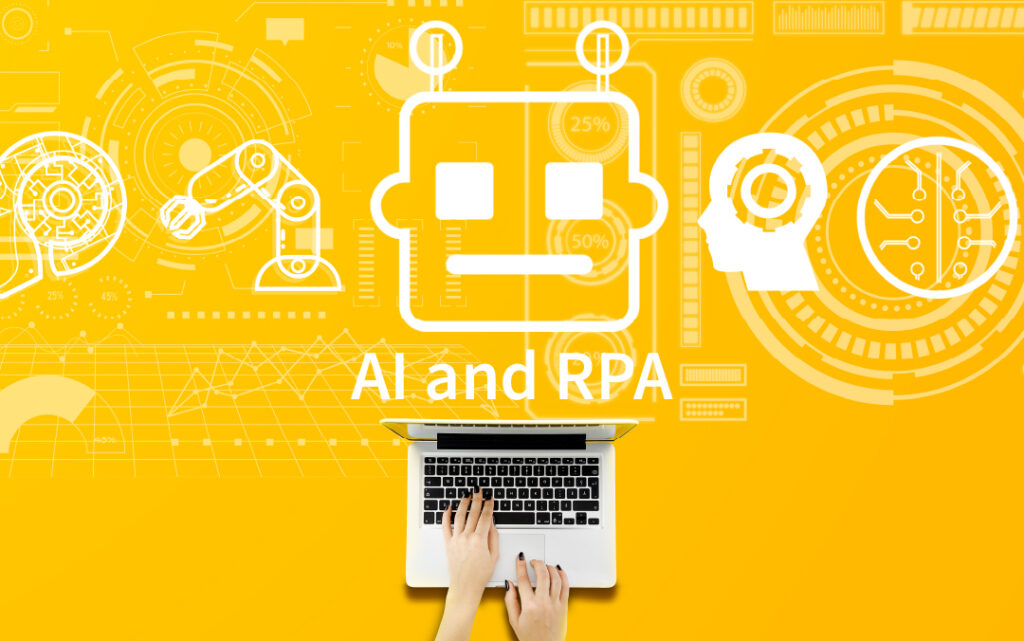
In today’s hyper-competitive business landscape, data is no longer just a tool—it’s the lifeblood of strategic decision-making. As organizations strive to gain faster, deeper insights, the combined power of Robotic Process Automation (RPA) and Artificial Intelligence (AI) is emerging as a true game-changer in Business Intelligence (BI).
While RPA excels in automating routine tasks, AI brings cognitive intelligence to the table. Together, they are driving a transformation in business operations, empowering organizations not just to survive but to thrive in an ever-evolving environment.
The convergence of RPA’s automation capabilities and AI’s cognitive insights offers businesses a unique chance to scale operations, reduce costs, and make more proactive, data-driven decisions.
Key Impacts of AI and RPA on Business Operations
Let’s explore how AI and RPA are driving change in key industries:
Businesses that adopt AI and RPA are not only optimizing efficiency but also positioning themselves for future growth. Here’s how:
Can you transform Business Intelligence with AI and RPA?
The short answer is, YES.
AI and RPA together have evolved from tools of operational efficiency into strategic drivers of business growth. Their combined power helps create intelligent, scalable, and resilient operations, positioning businesses for future success. For any company looking to stay ahead of the curve, integrating AI-powered RPA into their BI strategy is no longer optional—it’s essential.
At IntuEra, we specialize in helping businesses embrace automation strategically. Let’s work together to streamline your operations and unlock new growth opportunities through RPA and AI. With our expertise, you can harness the full potential of automation.